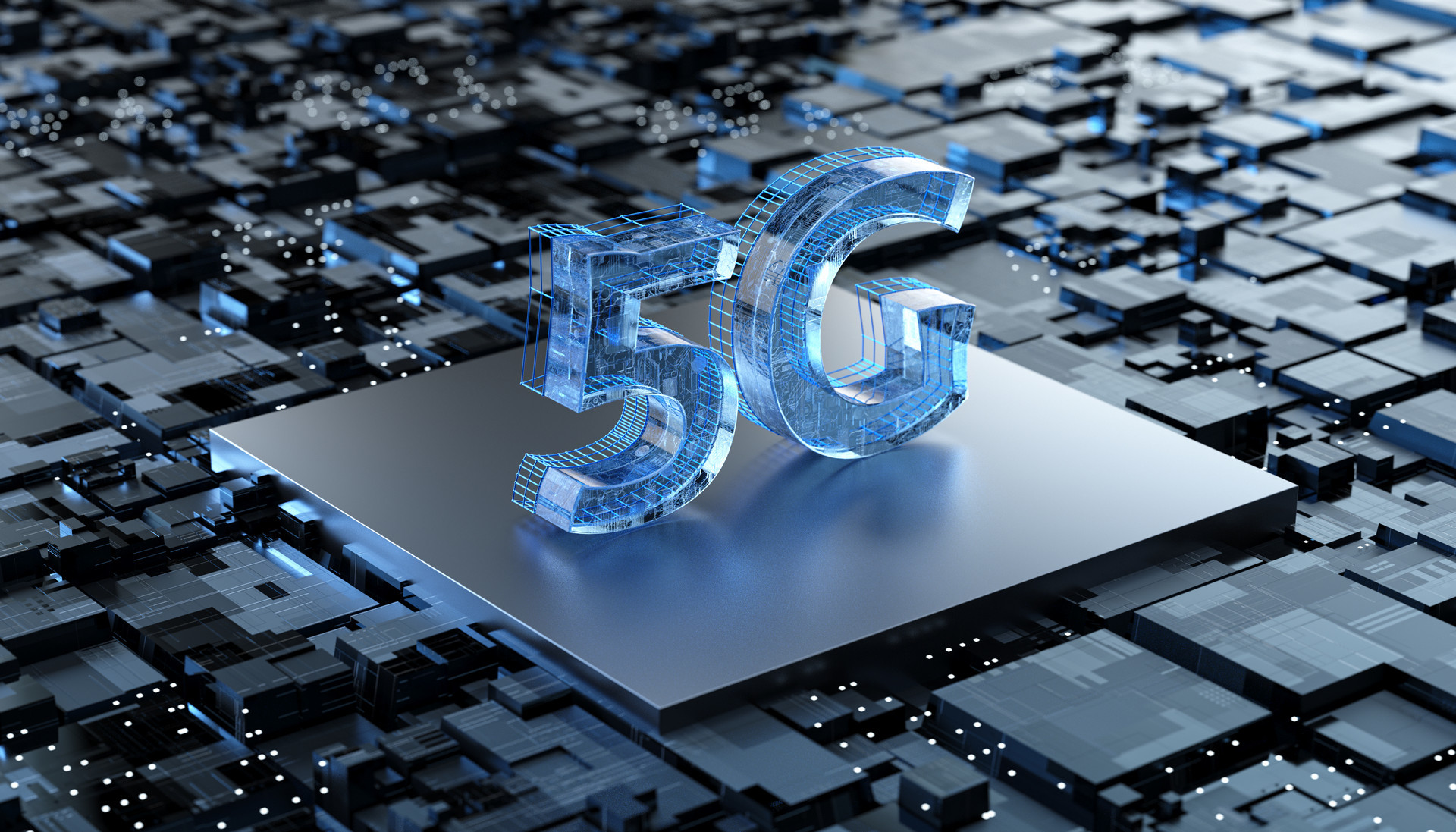Smart appliances, make life more "wisdom"
Release time:
2023-10-17
In 2023, the Ministry of Industry and Information Technology, the National Development and Reform Commission, and the Ministry of Commerce jointly issued the ''Work Plan for Stable Growth of Light Industry (2023-2024) '', which clearly proposed to carry out smart home interconnection development actions, strengthen standard guidance and platform construction, and promote household appliances, Integrated development of furniture, hardware products, lighting appliances and other industries. Actively develop and promote green intelligent household appliances, leisure and entertainment, personal care and maternal and child household appliances, healthy kitchen and bathroom, intelligent multi-scene lighting system, natural material furniture, functional furniture, intelligent locks and other products. Promote new modes such as flexible production, personalized customization and whole-house customization.
Jiao Limin analyzed that from a policy perspective, smart homes are endowed with the main carrier of a better life for the people, and are also new consumption growth points, which will play an important role in expanding domestic demand; from a technical perspective, artificial intelligence technology has gone through more than 60 years The accumulation has gradually matured, especially the emergence of knowledge of large models, which has brought technical support to the intelligent development of home appliances; from the perspective of consumer demand, the convenience, health, safety, intelligence, energy saving, low carbon and other characteristics brought by smart life are an important part of meeting people's needs for a better life. Therefore, the intelligentization of the home appliance industry will play an important role in adapting to the elderly, health, low-carbon, and energy saving, and its development prospects are good.
"It is expected that in the next few years, China's smart home appliance industry will continue to maintain a rapid growth trend, and the market size is expected to increase steadily." Gui Zhihui said.
However, compared with traditional home appliances, the development of smart home appliances requires the empowerment of artificial intelligence technologies and communication technologies such as human-computer interaction, big data, machine learning, and the Internet of Things, and the application of these new technologies in smart home appliances is still In the exploratory period, there are also some difficulties in the use of "early adopters" users and market promotion. Jiao Limin said, for example, "for example, it is difficult to communicate between different devices, personal privacy leakage, complex use methods, and so on. These difficulties also guide the development trend of smart home appliances and promote the sustainable development of the industry." In Jiao Limin's view, we should promote the standardization of smart home appliances and attach importance to the importance of smart home appliance group standards.
"Smart appliances need to be intelligently controlled through the Internet, sensors, artificial intelligence and other technologies, and the development and application of these technologies all require a lot of capital and manpower investment. In addition, in terms of user experience, smart appliances need to provide more convenient, intelligent and personalized services, but how to make users feel these advantages and improve user stickiness is also a difficulty that needs to be addressed." Shang Zhe analysis said. He believes that in the future, smart home appliances will develop in the direction of being more intelligent, more energy-saving, environmentally friendly, and more humane, achieving more intelligent control through artificial intelligence, big data and other technologies, and providing more convenient and personalized services.







